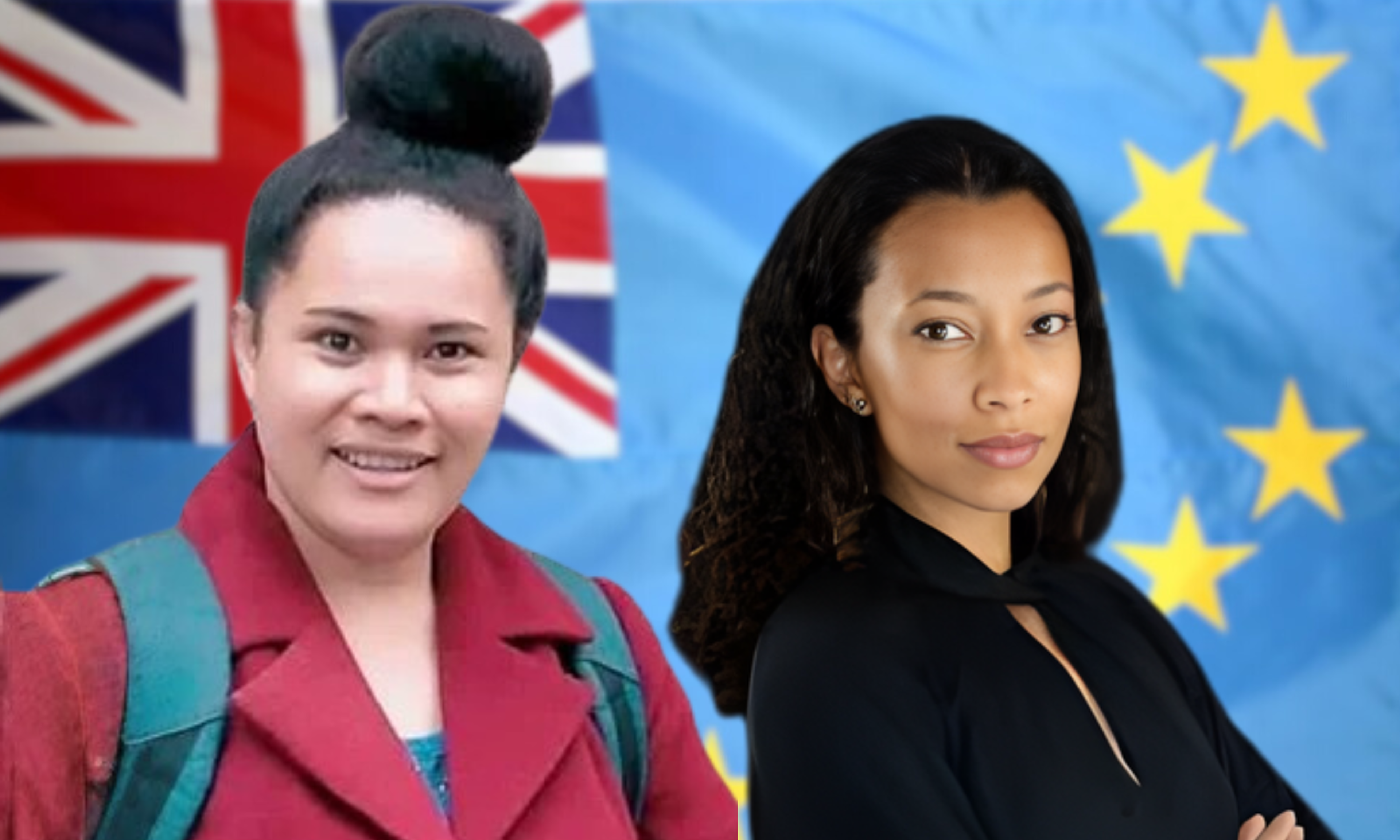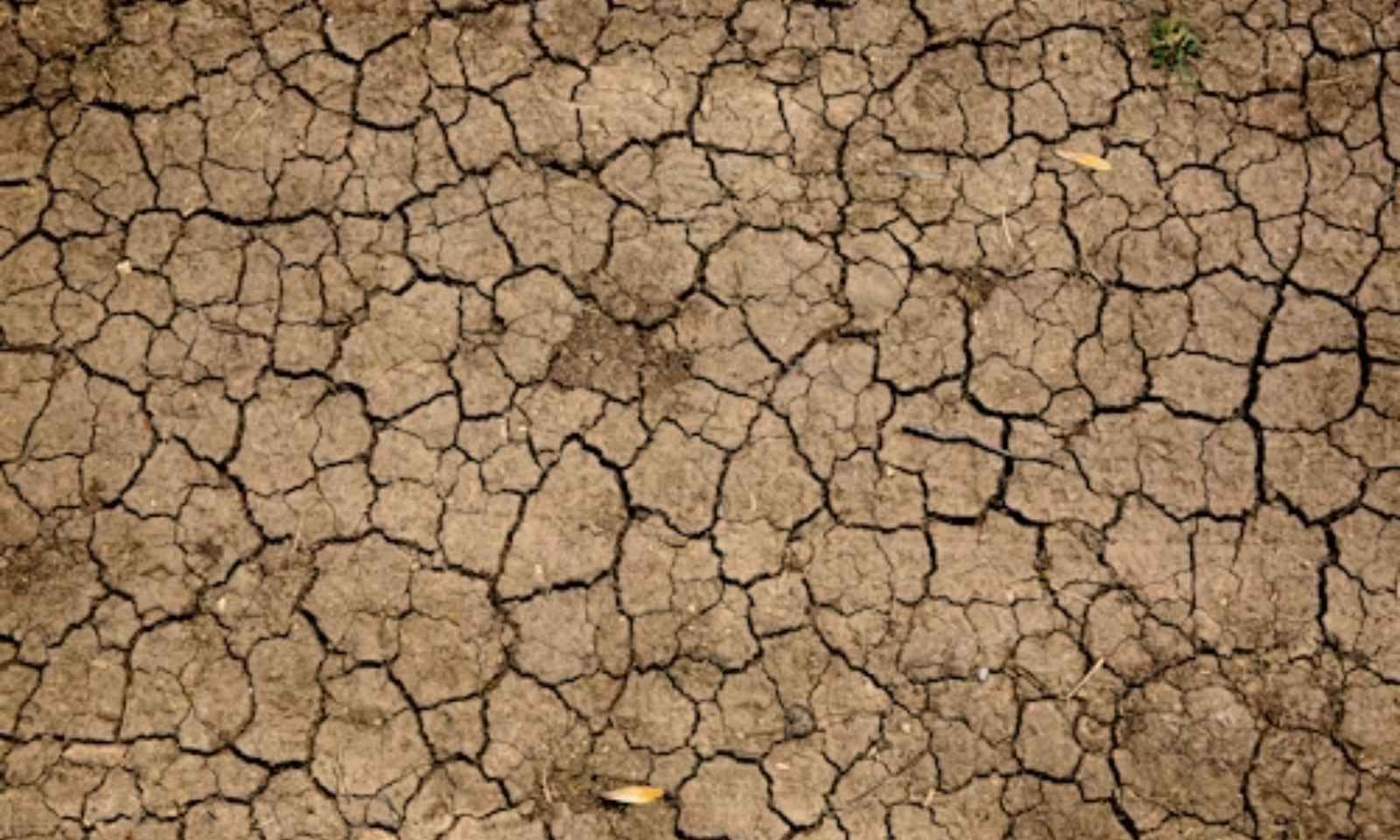

Dr Olli Hellman.
Photo/Unsplash/Sunlive
Beyond the lens: How climate photography shape perceptions of the Pacific region
University of Waikato’s Dr Olli Hellmann says media imagery strongly influences public understanding of climate change, often masking global responsibility, a message echoed at COP30.



Realm relations in focus as Tokelau-NZ marks 100-year history


‘One of our most trusted leaders’: Tributes flow for a beloved rangatira


Realm relations in focus as Tokelau-NZ marks 100-year history

While many people think of climate change in the Pacific as “sinking islands”, a Waikato researcher says this narrative misses the real story.
Dr Olli Hellmann, an associate professor and political scientist at the University of Waikato, says his research examines how images and narratives shape public understanding of global issues, including the climate crisis.
His recent study, titled, Indigenous-Washing and Colonial Amnesia: How New Zealand’s Nation Brand Depoliticises Climate Change, analyses how New Zealand’s climate imagery and branding can conceal political and colonial responsibilities. This also frames the crisis as a natural or cultural story rather than addressing the structural factors involved.
Speaking with William Terite on Pacific Mornings, Hellmann says photographs play a powerful role in shaping how people understand the climate crisis. He says most people in industrialised countries, like Aotearoa and New Zealand, “don’t directly experience the worst effects of climate change”.
He explains that because climate change happens gradually and is often invisible, many people do not recognise its effects in their daily lives. Hellmann says images in news media strongly influence how the public perceives the climate crisis.
“That's why I'm interested in images of climate change. What is surprising is that the news media keep relying on a very small set of iconic photographs to represent climate change. When you go on a news website, read a newspaper, you keep seeing the same images,” he says.
Listen to Dr Olli Hellmann’s full interview below.
“Polar bears on melting ice, deforestation in the Amazon, a cracked dry earth, small Pacific islands surrounded by vast ocean. Don't get me wrong, they can raise awareness but they tell a very narrow story. They turn climate change into a spectacle of loss rather than raising questions of justice, responsibility and collective action against climate change.”
Hellman says although these images can mislead audiences, framing Pacific nations’ vulnerability as “a matter of geography” rather than addressing the underlying political and economic responsibilities.
“This then shifts attention from questions of who's responsible for climate change, who’s suffering the most and what can be done. News media are not necessarily wrong in picking those images, but they need to be aware that they tell a narrow story.”

Dr Olli Hellmann says images like these being frequently reused in news media reinforces a narrow narrative on the realities of climate change. Photo/Unsplash
He also warns of psychological fatigue among audiences exposed to “doomsday photographs”, saying such coverage can make the problem feel too large and distant, leading to disengagement.
“We also need to shift the attention to more optimistic narratives about climate change. We need to highlight that there are many frontline communities around the world that are organising collective action against climate change.
“So many of these communities who face the worst effects of climate change contribute very little to greenhouse gas emissions, yet they feel the brunt of extreme weather events fuelled by climate change. If we want to tackle the climate crisis, we also need to show those stories of resilience, of collective action.”
Green MP Francisco Hernandez shares a similar perspective on visibility. Hernandez is representing Aotearoa New Zealand at the United Nations annual Climate Change Conference (COP30) in Belém, Brazil.
COP30 brings together world leaders, Pacific delegates and youth advocates to push for stronger action on global warming. This year’s agenda focuses on adaptation, cutting emissions, and climate finance.
Hernandez says he understands the scepticism many feel around COP30 regarding a lack of concrete outcomes from the conference, but says it gives the Pacific the ability to bring their voices to the discussion.
Listen to Francisco Hernandez’s full interview below.
“One of the significant parts of this conference is that there's a big focus on adaptation this year. There’s also a big focus on climate finance, which is how developing countries can finance the transition to lowering emissions, but also helping prepare their countries for what is coming,” he says.
“One of the great outcomes that could happen is if the world really shifted from seeing climate finance as just grants or loans, to having it be unconditional aid with no strings attached. One of the things that is holding Pacific countries back is the debt burden of having to repay aid. It'd be better if it was given as grants instead and that's one of the things that I'll be pushing for.”
COP30 will conclude on 22 November with the first global stocktake since the Paris Agreement, assessing whether nations are on track to limit warming to 1.5 degrees. The outcomes from Belém are expected to shape the agenda for COP31, which Australia and Pacific nations are bidding to co-host next year.